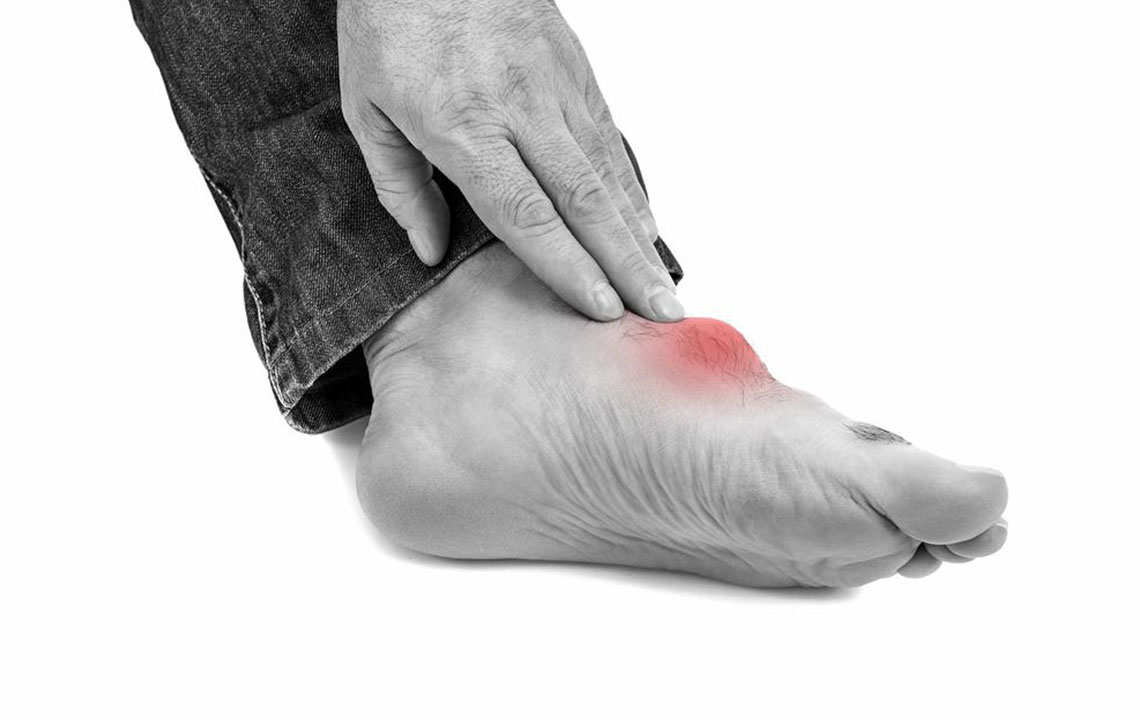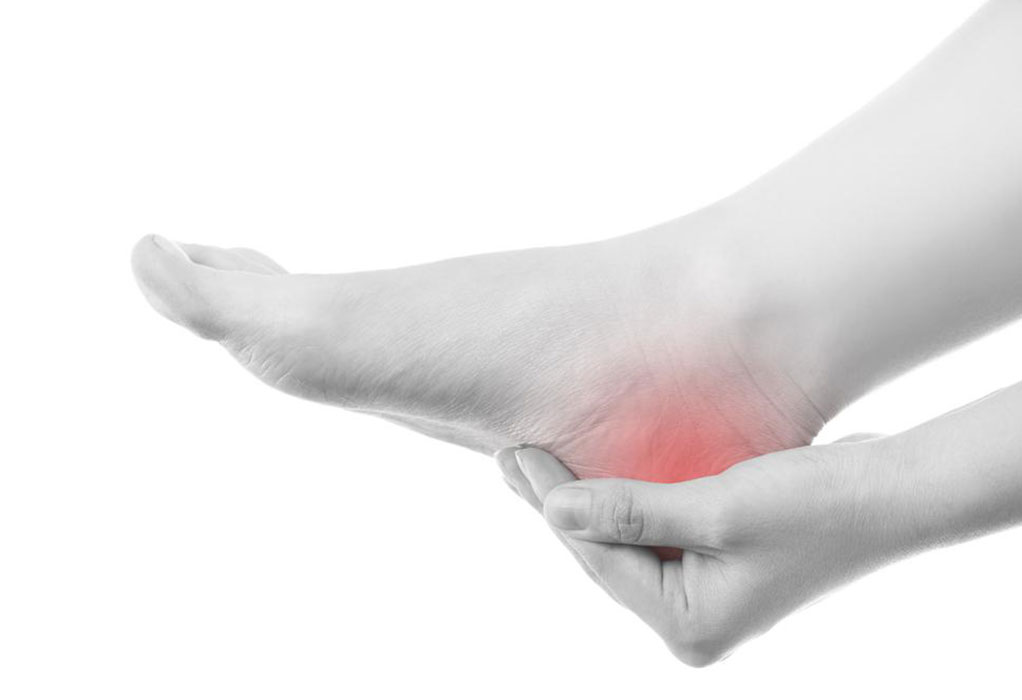Effective Strategies for Managing Gout Symptoms
Discover effective approaches to managing gout, including medications and natural remedies like apple cider vinegar, ginger, and Epsom salt. Tailored treatment plans focus on reducing uric acid levels, alleviating pain, and preventing future attacks. Learn safe, practical tips to control symptoms and protect joint health. Consulting healthcare professionals is essential for personalized care, especially if you have underlying health conditions. This comprehensive guide offers valuable insights into gout treatment options for improved quality of life.

Effective Strategies for Managing Gout Symptoms
Gout is a type of arthritis characterized by sudden, intense pain, swelling, redness, and warmth in affected joints. It commonly impacts the big toe but can also affect other joints such as the knee, ankle, or foot. Interestingly, joints in the arms tend to be less affected. Historically called the "rich man's disease," gout was wrongly associated with diet alone, but factors like genetics and lifestyle also play significant roles.
Gout results from the buildup of urate crystals around joint tissues, leading to inflammation. Treatment primarily aims to decrease uric acid levels in the blood, alleviating symptoms and preventing future attacks. Management involves relieving pain and inflammation, as well as reducing the risk of joint damage through tailored therapies considering individual health conditions.
How is gout treated? Effective management focuses on lowering blood uric acid levels to prevent crystal formation. Medications like anti-inflammatory drugs reduce pain and swelling during attacks. For persistent cases, doctors may prescribe uric acid-lowering drugs to dissolve existing crystals and prevent new ones from forming. The treatment plan varies based on age, overall health, attack severity, and medical history.
Home remedies can also provide relief:
Apple Cider Vinegar: Consuming 1-2 tablespoons mixed in water 2-3 times daily can help reduce acidity. Soaking affected areas in a mix of hot water and vinegar may further soothe gout symptoms.
Baking Soda: Due to its alkalizing effect, up to four teaspoons daily can help balance body pH. Avoid if you have high blood pressure, and limit salt intake.
Ginger and Turmeric: Known for anti-inflammatory properties, brewing ginger in tea or applying ginger paste can ease pain and swelling.
Bromelain: Found in pineapples, this enzyme reduces inflammation and uric acid levels.
Celery Seeds: They boost kidney excretion of uric acid, lowering crystal buildup.
Epsom Salt: Rich in magnesium, Epsom salt soaks can relax muscles and assist in uric acid reduction.










